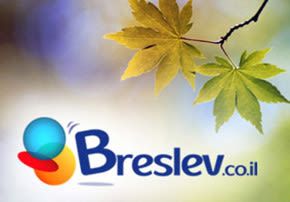
The Tests of Emuna
Whether or not we broke the law is now immaterial; this is a sudden test of our emuna. Now is the time to activate the lessons of emuna that we learned.

This world is a classroom of emuna. Since the entire purpose of a person’s life is to learn emuna, then literally everything that happens to a person in the course of daily life is a test of emuna.
This chapter illustrates several of the many commonly and seemingly “natural” occurrences that are none other than Divinely-initiated and individually-tailored tests of emuna. With Hashem’s help, we’ll learn how to evaluate our performance and how to pass these tests with maximum success. The higher we score on an emuna test, the better the quality of our lives in this world and in the next.
Pull Over, Sir/Ma’am!
We’re startled by the whine of a siren. We look in our rear-view mirror and see the flashing blue and red lights of a state trooper’s car. A patrolman with an iron jaw motions for us to pull over to the side of the road.
Whether or not we broke the law is now immaterial; this is a sudden test of our emuna. Now is the time to activate the lessons of emuna that we learned in the previous chapter, as follows:
1. We should believe that our current predicament is from Hashem and exactly what Hashem wants. Consequently, there’s no need to blame ourselves (why wasn’t I more careful?!?), the other driver (he was creeping – I had to pass him!), or our spouse (honey, can’t you go any faster? We’re going to be late…). Certainly, there’s no need to harbor malice toward the policeman, even if we think we were unjustly pulled aside. According to state traffic laws, maybe we’re innocent of wrongdoing. But, according to the guidelines of emuna, we deserve to be pulled aside; the policeman in this case is an enforcing officer of Hashem’s absolutely just legal system.
2. We should believe that what’s happening to us now is for our own ultimate good. Therefore, we should cast aside the nagging thoughts in our brains that what’s happening to us is not good. Furthermore, we should happily thank Hashem for sending us the state trooper, as this situation is certainly for our ultimate benefit.
3. We should believe that everything in life has a reason and a purpose, and that there are no tribulations without transgression. The state trooper is none other than Hashem’s catalyst to initiate a process of soul-searching and teshuva for something we may have inadvertently done wrong. Although we were pulled aside because of an apparent traffic violation, the “natural” circumstance is only a vehicle of Divine justice designed to arouse us.
Speak with Hashem
Before we say a word to the state trooper, we should briefly evaluate ourselves, think about doing teshuva, and speak to Hashem in the following manner: “Hashem, You know why You sent me this tribulation. Please forgive me for my wrongdoings; I pledge a charitable donation of . . . [name your sum and currency] and in the meanwhile, until I rectify whatever I did wrong, please have mercy on me, and don’t use this policeman to punish me. Help me identify and correct the reason that I deserve to be punished.”
We should neither complain nor protest to the policeman. Anger is also completely uncalled for, and flattering is just as bad.
If we’ve succeeded in remembering the above three lessons of emuna while focusing on Hashem, and we’ve avoided the pitfalls of anger, blame, and negative emotions, then we score an A-plus in emuna. Passing the test of emuna brings the rewards of happiness and emotional health in this world, and indescribable bliss in the World to Come.
With emuna, we see any outcome for the best: If the state trooper lets us off with a warning, then we’re certainly jumping for joy. And, even if he does give us a ticket, we activate our emuna to remember that Hashem is doing this for our very best; the fine is probably a bargain-basement atonement for something much worse that we may have deserved. Either way, with emuna, we’re always happy!
On the other hand, people that lack emuna think that their fate is in the hands of the state trooper. They regard their current predicament as random or natural, and not the product of Divine Providence. Such folks sometimes try to sweet-talk the law-enforcement officer, and subsequently get in worse trouble. A concrete law of spirituality teaches that whenever people trust in anyone other than Hashem, they fall into the hands of the object of their trust. This is bad news, since no human has Hashem’s capacity for mercy and compassion.
Usually, whenever a person tries to flatter a policeman, the policeman becomes even more stringent. Frustrated, the flatterer often reverts to anger and epithets, and unjustly accuses the policeman (you’re just trying to fill your quota at my expense; hey, loads of people are going a lot faster than I was; why are you picking on me, etc. – the list is long), further complicating an already sticky situation. Rather than rectifying the wrongdoing that led to this predicament, the person that lacks emuna accrues even more transgressions by insulting or falsely accusing the policeman. Neither teshuva nor Yom Kippur atones for a sin committed against a fellow human, until one asks forgiveness from that fellow human.
Here, we touch on an important principle that underlies any test of faith. Without emuna, people easily insult, harbor ill feelings, harm, or take revenge against those who conceivably caused them damage – all serious sins according to the Torah. As long as the sins between man and fellow man go uncorrected, then severe judgment hovers like an ax over the neck of the transgressor, making life even more unbearable.
With emuna, we save ourselves untold grief in that we accept Hashem’s judgments with happiness, and we don’t go around taking our frustrations out on others. Also, those who readily harm others will have to make long and arduous efforts in begging the forgiveness of all their victims once a year, otherwise Hashem won’t listen to their prayers. With emuna, we don’t blame our troubles on others, don’t harm them, don’t need to beg their forgiveness, and spare ourselves of harsh judgments. Emuna makes life so much easier.
The more we attribute power to the state trooper, the lower we score on emuna. A deficiency of emuna adds insult to injury, for the lower we score on emuna, the harder our predicament becomes. Therefore, it’s extremely important that we focus our thoughts on HaShem, and not on the state trooper.
To be continued…






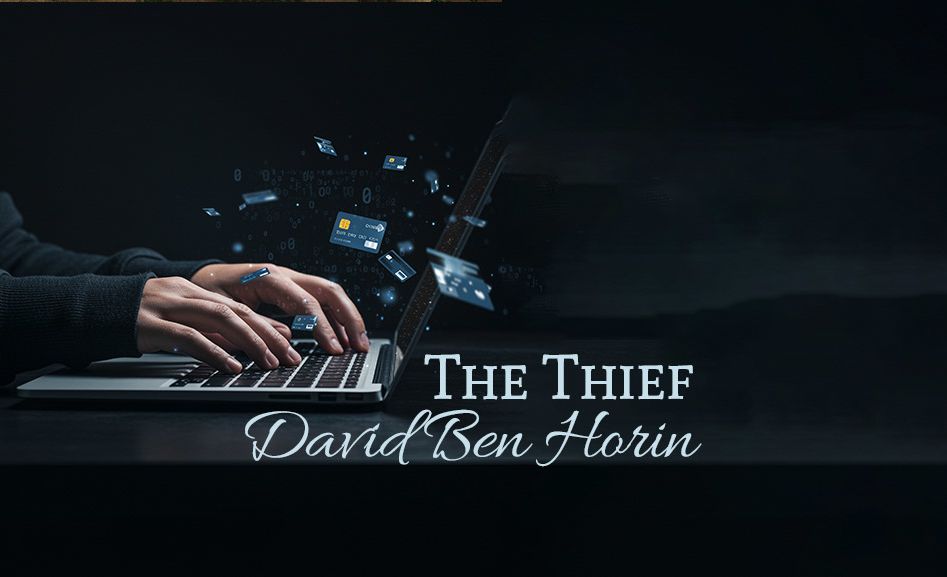

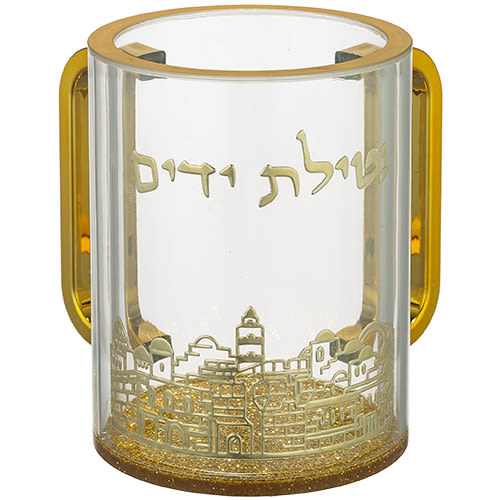
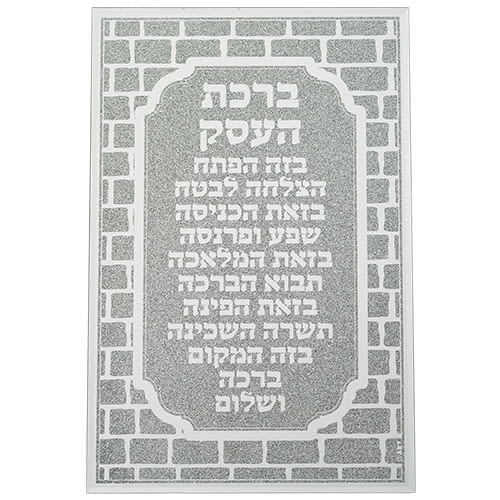
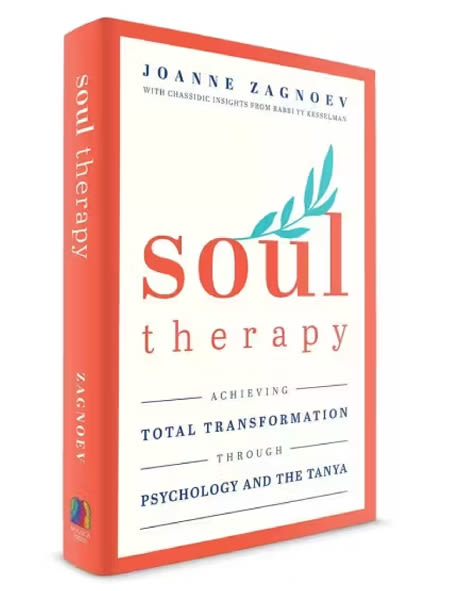
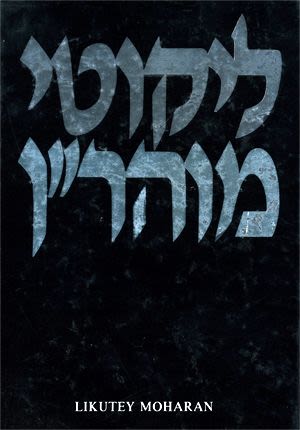
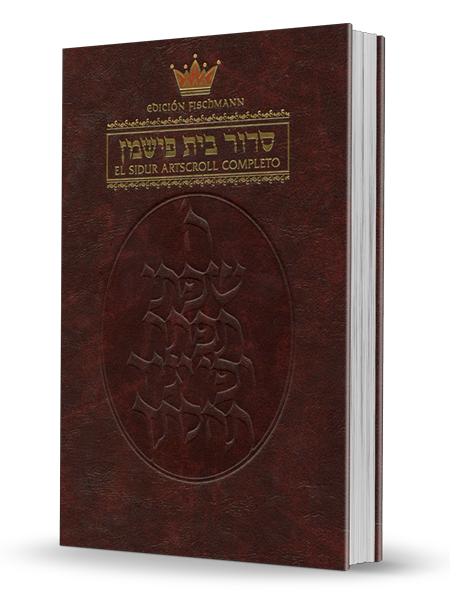
Tell us what you think!
Thank you for your comment!
It will be published after approval by the Editor.